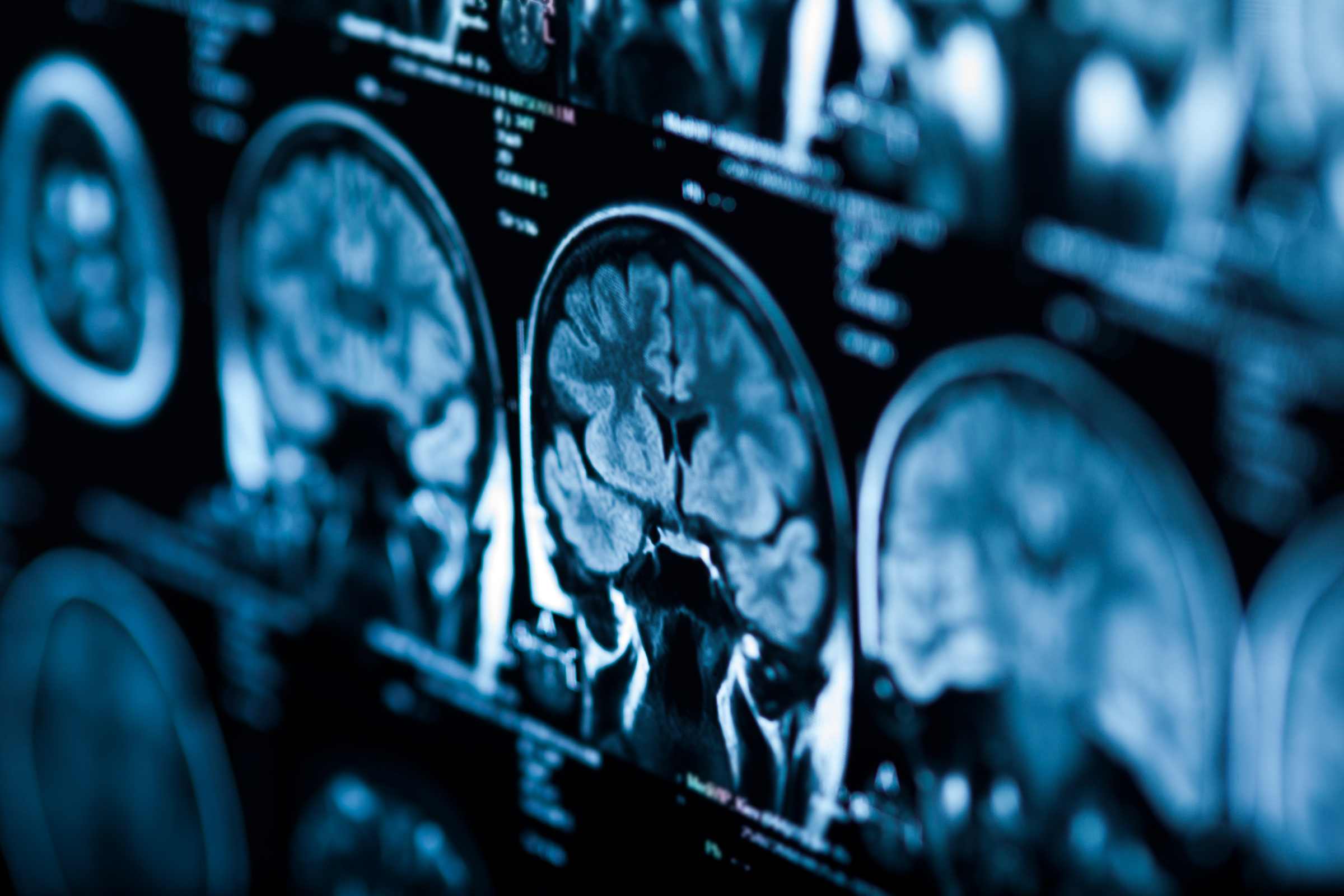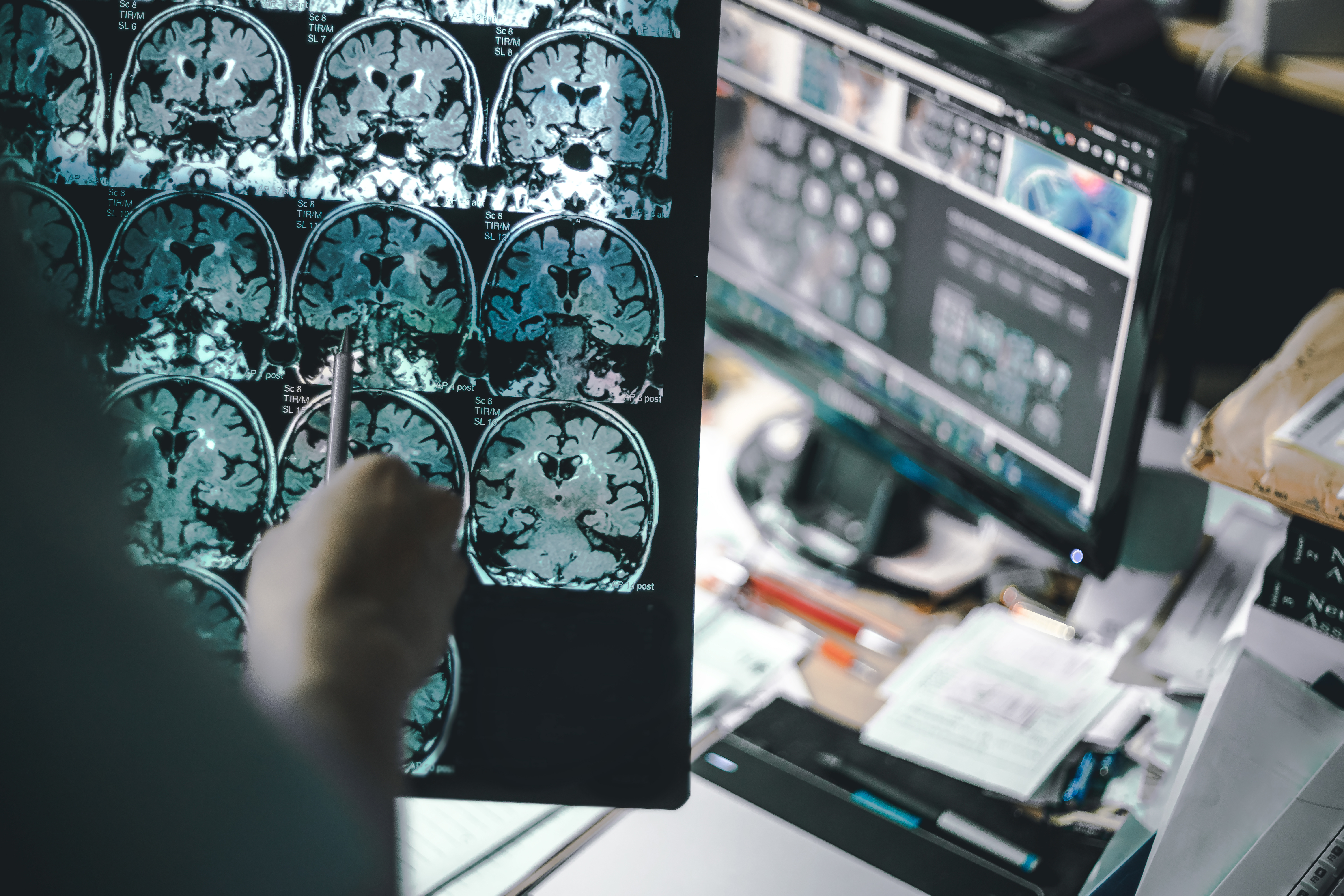Breakthrough tech can detect Alzheimer’s in a single brain scan

[ad_1]
Scientists have created a new breakthrough tech that can detect Alzheimer’s in a single brain scan. The tech takes advantage of machine learning and appears to be for structural attributes in the brain that are frequently connected with the illness.
This breakthrough tech can detect Alzheimer’s at an early stage

The scientists released their findings on the tech in Communications Medicine in mid-June. Even though there is no treatment for the condition, acquiring new approaches to detect Alzheimer’s early can help researchers find strategies to stave off the disease’s outcomes. As this kind of, this new tech could open a large amount of doorways for the health care marketplace.
The tech, which works by using equipment studying, was funded by the Nationwide Institute for Health and fitness and Care Researcher (NIHR) Imperial Biomedical Exploration Centre. With it, experts get a one magnetic resonance imaging (MRI) mind scan and then apply an algorithm to it. The algorithm then appears for symptoms of Alzheimer’s.
The process functions by dividing the mind into 115 locations with 660 distinct allocated options. These options incorporate measurement, shape, and texture. It then assesses the area to glance for symptoms of the disease. This permits it to detect Alzheimer’s in its earliest levels. Something medical practitioners battle to do with the other exams they make use of.
The most frequent form of dementia

Inspite of being the most typical type of dementia, doctors have long struggled to detect Alzheimer’s early. And, because there is no remedy for the sickness, detecting it early can basically alter the activity. This allows physicians technique the concern a lot quicker so that they can slow down the results it has on a person’s mind.
Of training course, remaining equipped to detect it early does not negate the want for a treatment. And we’ve viewed some promising strategies to fight again versus it. Nonetheless, until we locate a way to quit the condition entirely, it is just a make any difference of time until finally the illness deteriorates the patient’s head to an irreparable degree.
Since the algorithm seems at brain structure, it was equipped to detect that a man or woman experienced Alzheimer’s in 98 p.c of the instances they analyzed. Moreover, it was equipped to distinguish between early and late-stage Alzheimer’s in 79 p.c of individuals with a substantial volume of accuracy.
Formerly, doctors have relied on several exams to test to establish if a person has this disease. If we can simplify that to a single brain scan, and then run the algorithm that these researchers have made, we could make it less difficult and cheaper to detect Alzheimer’s in people.
[ad_2]
Supply link






